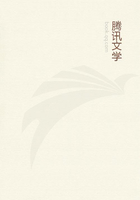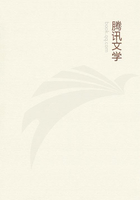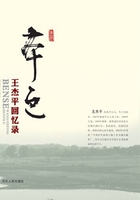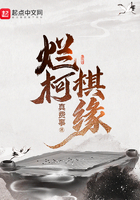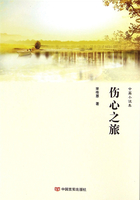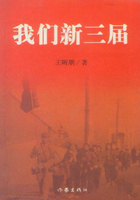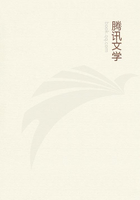There were Latin schools in every town of the least importance, not by any means merely as preparatory to higher education, but because, next to reading, writing, and arithmetic, the knowledge of Latin was a necessity; and after Latin came logic.It is to be noted particularly that these schools did not depend on the Church, but on the municipality; some of them, too, were merely private enterprises.
This school system, directed by a few distinguished humanists, not only attained a remarkable perfection of organization, but became an instrument of higher education in the modern sense of the phrase.With the education of the children of two princely houses in North Italy institutions were connected which may be called unique of their kind.
At the court of Giovan Francesco Gonzaga at Mantua (1407-1444) appeared the illustrious Vittorino da Feltre, one of those men who devote their whole life to an object for which their natural gifts constitute a special vocation.
He directed the education of the sons and daughters of the princely house, and one of the latter became under his care a woman of learning.
When his reputation extended far and wide over Italy, and members of great and wealthy families came from long distances, even from Germany, in search of his instructions, Gonzaga was not only willing that they should be received, but seems to have held it an honour for Mantua to be the chosen school of the aristocratic world.Here for the first time gymnastics and all noble bodily exercises were treated along with scientific instruction as indispensable to a liberal education.Besides these pupils came others, whose instruction Vittorino probably held to be his highest earthly aim, the gifted poor, whom he supported in his house and educated, 'per l'amore di Dio,' along with the highborn youths who here learned to live under the same roof with untitled genius.Gonzaga paid him a yearly salary of 300 gold florins, and contributed to the expenses caused by the poorer pupils.He knew that Vittorino never saved a penny for himself, and doubtless realized that the education of the poor was the unexpressed condition of his presence.The establishment was conducted on strictly religious lines, stricter indeed than many monasteries.
More stress was laid on pure scholarship by Guarino of Verona (1370-1460), who in the year 1429 was called to Ferrara by Niccolo d'Este to educate his son Lionello, and who, when his pupil was nearly grown up in 1436, began to teach at the university of eloquence and of the ancient languages.While still acting as tutor to Lionello, he had many other pupils from various parts of the country, and in his own house a select class of poor scholars, whom he partly or wholly supported.His evening hours till far into the night were devoted to hearing lessons or to instructive conversation.His house, too, was the home of a strict religion and morality.It signified little to him or to Vittorino that most of the humanists of their day deserved small praise in the matter of morals or religion.It is inconceivable how Guarino, with all the daily work which fell upon him, still found time to write translations from the Greek and voluminous original works.
Not only in these two courts, but generally throughout Italy, the education of the princely families was in part and for certain years in the hands of the humanists, who thereby mounted a step higher in the aristocratic world.The writing of treatises on the education of princes, formerly the business of theologians, fell now within their province.
From the time of Pier Paolo Vergerio the Italian princes were well taken care of in this respect, and the custom was transplanted into Germany by Aeneas Sylvius, who addressed detailed exhortations to two young German princes of the House of Habsburg on the subject of their further education, in which they are both urged, as might be expected, to cultivate and nurture humanism.Perhaps Aeneas was aware that in addressing these youths he was talking in the air, and therefore took measures to put his treatise into public circulation.But the relations of the humanists to the rulers will be discussed separately.We have here first to speak of those citizens, mostly Florentines, who made antiquarian interests one of the chief objects of their lives, and who were themselves either distinguished scholars, or else distinguished _dilettanti _who maintained the scholars.They were of peculiar significance during the period of transition at the beginning of the fifteenth century, since it was in them that humanism first showed itself practically as an indispensable element in daily life.It was not till after this time that the popes and princes began seriously to occupy themselves with it.
Niccolo Niccoli and Giannozzo Manetti have been already spoken of more than once.Niccoli is described to us by Vespasiano as a man who would tolerate nothing around him out of harmony with his own classical spirit.His handsome long-robed figure, his kindly speech, his house adorned with the noblest remains of antiquity, made a singular impression.He was scrupulously cleanly in everything, most of all at table, where ancient vases and crystal goblets stood before him on the whitest linen.The way in which he won over a pleasure-loving young Florentine to intellectual interests is too charming not to be here described.Piero de' Pazzi, son of a distinguished merchant, and himself destined to the same calling, fair to behold, and much given to the pleasures of the world, thought about anything rather than literature.One day, as he was passing the Palazzo del Podesta, Niccolo called the young man to him, and although they had never before exchanged a word, the youth obeyed the call of one so respected.
Niccolo asked him who his father was.He answered, 'Messer Andrea de'

